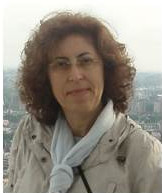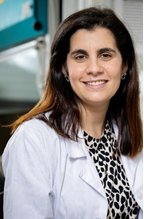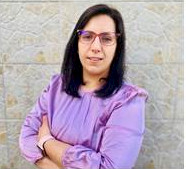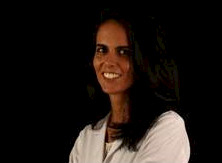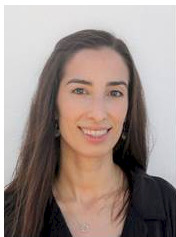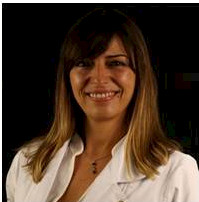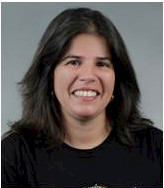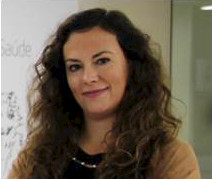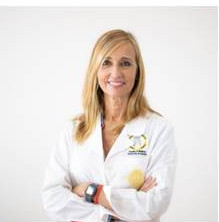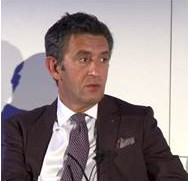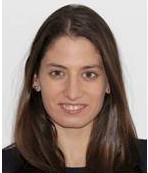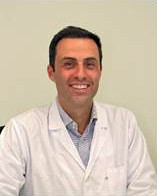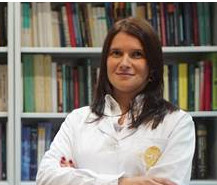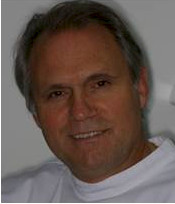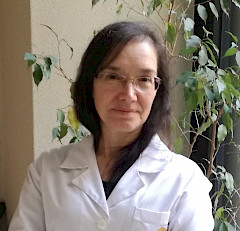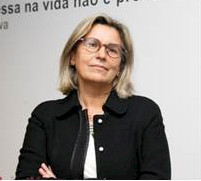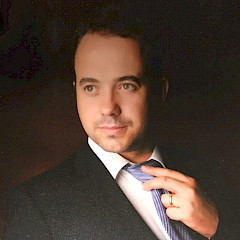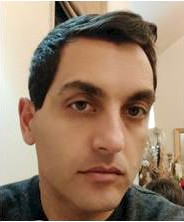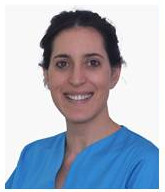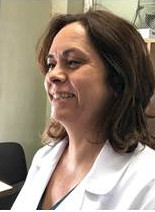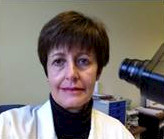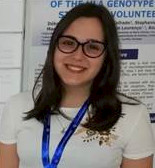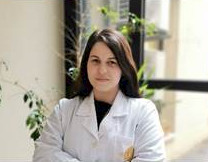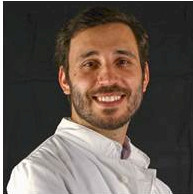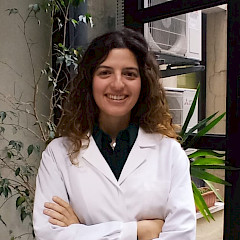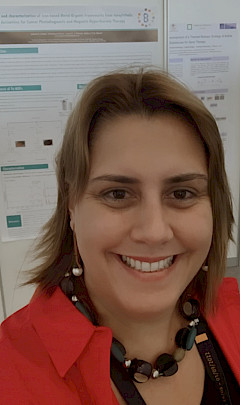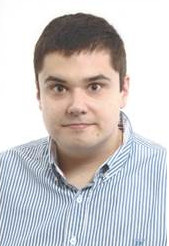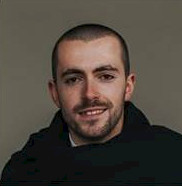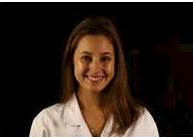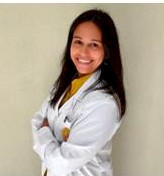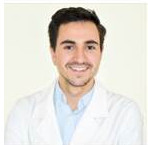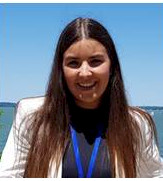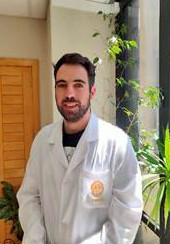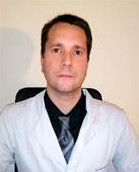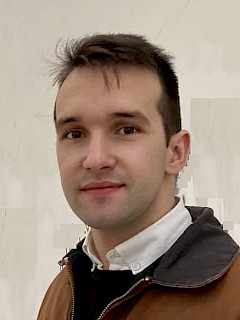Descrição
The Modelling for Innovative Diagnostics, Treatment and Theragnostic Group, headed by Maria Filomena Botelho, is a multidisciplinary team with solid scientific production. The main research aim is to develop new diagnostic, treatment and theragnostic solutions for different medical conditions, with a strong focus on cancer.
The group is located at the Institute of Biophysics, Faculty of Medicine, and at the Coimbra Institute for Clinical and Biomedical Research (iCBR), area of Environment, Genetics and Oncobiology (CIMAGO). The Institute's location in an ecosystem especially dedicated to health research, with emphasis on the university hospital, is an asset that fosters clinical translation. In this context, research and teaching are connected, in a synergy of knowledge and skills that allows us to answer relevant clinical questions from all medical fields. The Modelling for Innovative Diagnostics, Treatment and Theragnostic Group brings together a large group of researchers from different fields who develop basic and clinical research in a truly translational concept. The main research areas are biophysics, oncology and biomaterials. These areas aim to answer clinical questions from diagnosis to therapy, through disease mechanisms and including theragnostic.
Specifically, the group goals are (1) to take advantage of ionizing and non-ionizing radiation biological effects for the improvement of diagnostics, treatment and theragnostic, (2) to develop innovative treatment strategies based on novel compounds, biomaterials and drug combinations, and (3) to understand physiopathology and response to treatment through translational man-lab-men models.
To answer such goals, the group uses models of different nature and complexity as essential pieces that support the research developed. We stand out the combination of computational models (simulations, bioinformatics and mathematical), in vitro (cell and tissue cultures), in vivo (animal models), ex vivo (organs/tissues) and clinical studies, supported by diverse cellular and molecular techniques, nuclear medicine and imaging among others.
The vast experience in nuclear medicine is a pillar for the evaluation and development of radiotracers, to create knowledge in radiobiology and dosimetry and to foster innovation in molecular imaging. In the field of radiobiology, we are particularly interested in the repercussions of some genetic mutations, which translate into hypersensitivity to ionizing radiation and increased susceptibility to cancer. In the molecular imaging field, the easyPET.3D project, in partnership with the University of Aveiro, provides a low-cost, high-performance PET equipment.
The development of innovative therapies is one of the group focus. We emphasise the alpha-emitting radiopharmaceuticals, cold atmospheric plasma, photodynamic therapy (PDT) and new synthesised cytotoxic compounds that will, in a long term, contribute to the improvement of treatment and translation to the clinics.
The Chem4Lungcare project continues the collaboration with the Department of Chemistry of the University of Coimbra, which produced new compounds for PDT and theragnostic, reflected in patents and publications.
Within the scope of innovative therapies, we proved that the amniotic membrane isolated from human placenta has a cytotoxic effect, in certain circumstances. In fact, we integrate the COST SPRINT Action, a collaborative translational framework involving 18 countries, which aims to investigate the therapeutic potential of Perinatal Derivatives, including the amniotic membrane.
In the field of Biomaterials, the group investigates the cytotoxicity and biocompatibility of materials and devices used in several medical areas. Additionally, we use bioengineering strategies to develop materials with improved properties for use in Regenerative Medicine.
It is worth highlighting the research performed by PhD and Master's students, from the most diverse backgrounds, including doctors from various clinical specialities. They resort to basic and translational tools to solve emerging clinic problems.
The group’s extensive and diversified skills allowed relevant contributions to Evidence-Based and Precision Medicine, with strong clinical repercussions.

